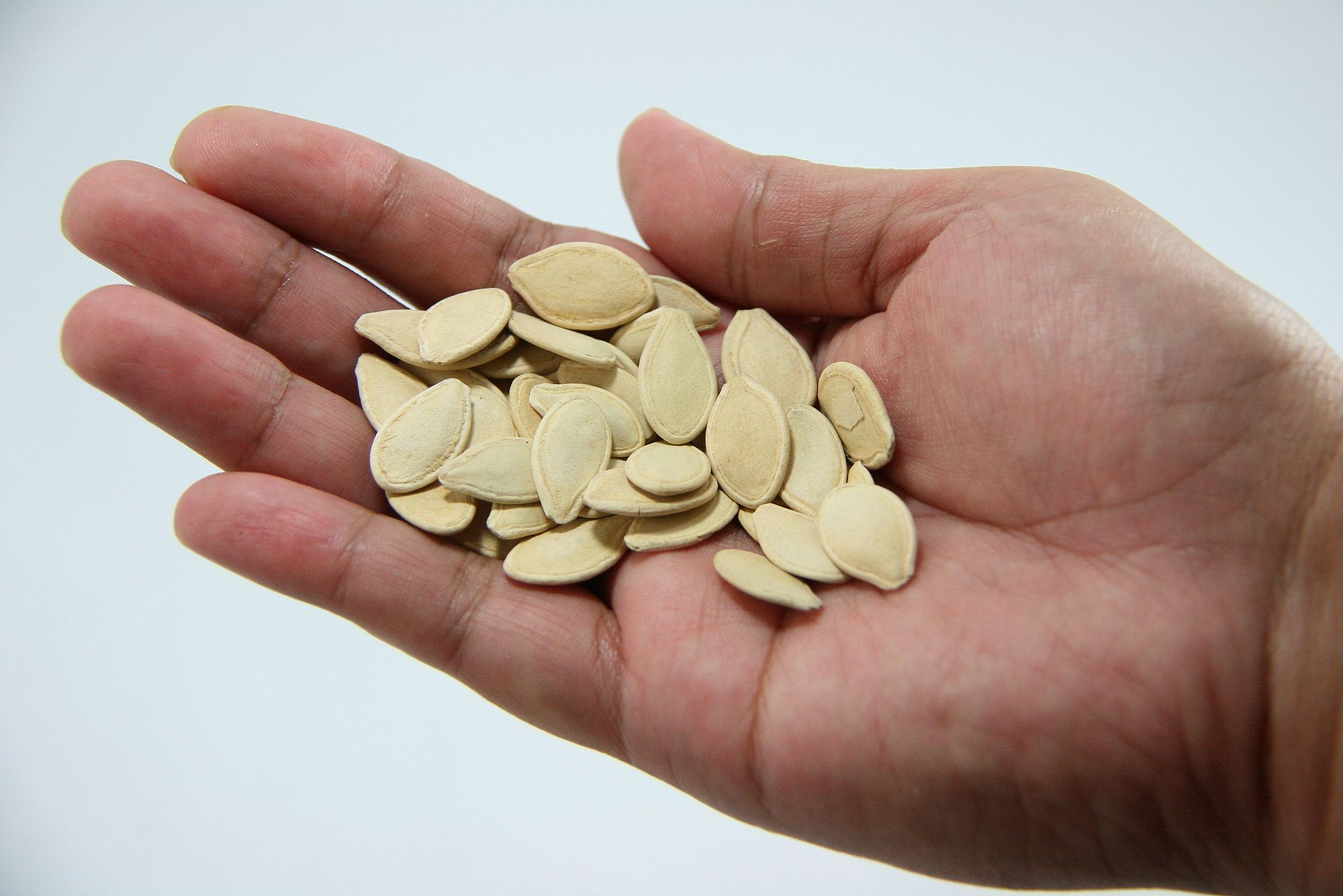

Articles
How To Store Uncooked Pumpkin Seeds
Modified: February 23, 2024
Learn the best techniques for storing uncooked pumpkin seeds in this informative article. Find out how to keep them fresh and delicious for longer periods of time.
(Many of the links in this article redirect to a specific reviewed product. Your purchase of these products through affiliate links helps to generate commission for Storables.com, at no extra cost. Learn more)
Introduction
When autumn arrives, pumpkin carving becomes a popular tradition. Not only do we enjoy the process of transforming pumpkins into eerie jack-o’-lanterns or delectable pies, but we also end up with a generous amount of pumpkin seeds. These small, nutrient-packed powerhouses are rich in protein, fiber, essential fatty acids, and various minerals.
But what do you do with all those pumpkin seeds? While roasting and snacking on them right away is tempting, you might find yourself with more pumpkin seeds than you can consume in one sitting. In such cases, learning how to store uncooked pumpkin seeds can come in handy.
By properly storing uncooked pumpkin seeds, you can extend their shelf life and ensure their freshness for future use. Whether you plan to use them in baking, as a crunchy topping for salads and soups, or simply as a healthy snack, storing them correctly is essential to maintain their flavor and nutritional value.
In this article, we will explore the benefits of storing uncooked pumpkin seeds, how to prepare them for storage, the best storage containers to use, proper storage conditions, and tips for extending their shelf life. By following these guidelines, you’ll be able to enjoy the goodness of pumpkin seeds even long after the pumpkin carving season.
Key Takeaways:
- Preserve the goodness of pumpkin seeds by storing them properly. Enjoy their nutritional benefits, cost-effectiveness, and year-round availability with the right storage container and ideal conditions.
- Extend the shelf life of uncooked pumpkin seeds with smart tips. Store in smaller quantities, consider freezing, and protect from heat, moisture, and pests for long-lasting freshness.
Read more: How Long Do Uncooked Pumpkin Seeds Last
Benefits of Storing Uncooked Pumpkin Seeds
Storing uncooked pumpkin seeds offers several benefits that make it a worthwhile practice for those who want to make the most of their harvest. Here are a few advantages:
- Preserve Freshness: When properly stored, uncooked pumpkin seeds can retain their freshness for an extended period. This means you can enjoy their crisp texture and delicious flavor months after the pumpkin carving season.
- Nutritional Value: Pumpkin seeds are packed with essential nutrients, including protein, fiber, healthy fats, and various minerals like magnesium, zinc, and iron. By storing them properly, you can preserve their nutritional benefits and incorporate them into your diet whenever desired.
- Cost-effective: Pumpkins and their seeds are abundant during the fall season. By storing uncooked pumpkin seeds, you can take advantage of the seasonal availability and stock up without having to rely on store-bought options, saving you money in the long run.
- Versatile Ingredient: Uncooked pumpkin seeds can be used in a variety of ways. They can be roasted, ground into a powder, or sprinkled on top of dishes for added crunch and flavor. By having a stash of stored pumpkin seeds, you’ll always have a versatile ingredient on hand to enhance your culinary creations.
- Year-round Availability: Storing uncooked pumpkin seeds allows you to enjoy the taste of autumn throughout the year. Instead of being limited to the pumpkin carving season, you can savor the nutty goodness of pumpkin seeds whenever you crave it, regardless of the season.
By recognizing these benefits, you can make the most of your pumpkin harvest and elevate your culinary experience with the goodness of uncooked pumpkin seeds.
Preparing the Pumpkin Seeds for Storage
Before you can store uncooked pumpkin seeds, it is important to properly prepare them. Follow these steps to ensure that your pumpkin seeds are ready for long-term storage:
- Separate the seeds: After removing the seeds from the pumpkin, take some time to separate them from any pumpkin pulp or flesh. You can do this by rinsing the seeds in a colander under cold water and gently separating them with your fingers.
- Remove excess moisture: Pat the seeds dry with a clean kitchen towel or paper towel to remove any excess moisture. This is important as moisture can lead to mold or spoilage during storage.
- Air-dry the seeds: To further ensure that the seeds are completely dry, spread them out in a single layer on a baking sheet or tray. Leave them in a well-ventilated area to air-dry for 24 to 48 hours. Make sure they are fully dry before moving on to the next step.
- Avoid seasoning: While you may be tempted to season the pumpkin seeds before storing them, it is best to refrain from doing so. Seasonings can absorb moisture and affect the overall quality of the seeds. It’s better to add seasonings right before you plan to use the seeds.
By following these steps, you can ensure that your uncooked pumpkin seeds are properly prepared for long-term storage. Once they are dry, it’s time to move on to selecting the right storage containers.
Choosing the Right Storage Container
When it comes to storing uncooked pumpkin seeds, choosing the right storage container is essential to maintain their freshness and prevent them from going rancid. Here are a few factors to consider when selecting a storage container:
- Airtightness: It is crucial to choose a container that provides an airtight seal. This prevents air from entering and moisture from escaping, ensuring that the pumpkin seeds stay fresh and retain their crisp texture.
- Material: Opt for a storage container made of food-grade materials, such as glass, plastic, or stainless steel. These materials are non-reactive and won’t transfer any unwanted flavors or chemicals to the pumpkin seeds.
- Size: Consider the quantity of pumpkin seeds you plan to store and choose a container that can accommodate them comfortably. It’s better to have a slightly larger container than a tight and crowded one, as this can lead to moisture accumulation.
- Darkness: Light exposure can cause the pumpkin seeds to degrade faster and lose their nutritional value. Select a storage container that is opaque or provides some form of dark protection to shield the seeds from light.
- Stackability: If you plan to store multiple containers, such as different varieties of pumpkin seeds or other ingredients, consider containers that are stackable. This will help save space in your pantry or storage area.
Some great options for storing uncooked pumpkin seeds include glass jars with airtight lids, food-grade plastic containers with secure locking mechanisms, or stainless steel canisters. Before using the storage containers, make sure to clean and dry them thoroughly to remove any residues or odors that might affect the seeds.
By choosing the right storage container, you can ensure that your uncooked pumpkin seeds remain fresh, flavorful, and ready to use whenever you need them.
Store uncooked pumpkin seeds in an airtight container in a cool, dark place, such as a pantry or cupboard. This will help to preserve their freshness and prevent them from becoming rancid.
Storing Uncooked Pumpkin Seeds in a Cool, Dry Place
After properly preparing your pumpkin seeds and selecting the right storage container, it’s time to find the ideal location to store them. Follow these guidelines to ensure optimal conditions:
- Cool temperature: Uncooked pumpkin seeds should be stored in a cool environment to prolong their shelf life. Aim for a temperature between 50 to 60 degrees Fahrenheit (10 to 15 degrees Celsius). Avoid areas that are prone to temperature fluctuations, such as near ovens or windows.
- Dry environment: Moisture is the enemy of stored pumpkin seeds, as it can lead to mold and spoilage. Choose a dry location with low humidity to prevent any moisture buildup. Avoid storing the seeds in areas like the refrigerator or freezer, as the fluctuating temperatures can introduce moisture.
- Avoid direct sunlight: Exposure to sunlight can degrade the quality of pumpkin seeds, causing them to go rancid more quickly. Store the seeds in a dark area, away from direct sunlight or bright artificial light.
- Keep away from strong odors: Pumpkin seeds have a tendency to absorb strong odors from their surroundings. Avoid storing them near pungent spices, onions, or any other strong-smelling items that can affect their flavor.
- Consistent temperature: Fluctuating temperatures can impact the longevity of stored pumpkin seeds. Choose a location that maintains a consistent temperature throughout the storage period.
An ideal storage spot for uncooked pumpkin seeds may include a pantry shelf, a cool basement, or a kitchen cupboard away from the stove or any sources of heat and moisture. Remember to keep the seeds away from direct contact with heat or moisture, and ensure they are protected in an airtight container to maintain their freshness.
By storing uncooked pumpkin seeds in a cool and dry place, you can ensure their extended shelf life and enjoy their crunchy goodness whenever you desire.
Read more: How Do You Store Pumpkin Seeds
Monitoring the Stored Pumpkin Seeds for Freshness
While storing uncooked pumpkin seeds in a cool and dry place is essential, it’s equally important to monitor their freshness periodically. Here are some tips to ensure that your stored pumpkin seeds remain fresh:
- Visual inspection: Regularly check the stored pumpkin seeds for any signs of spoilage, such as mold, discoloration, or an off smell. If you notice any of these signs, it’s best to discard the seeds to avoid consuming spoiled food.
- Texture test: Occasionally take a handful of pumpkin seeds from the storage container and examine their texture. Fresh pumpkin seeds should have a crisp and crunchy texture. If they appear soft or stale, it may be an indication that they have lost their freshness.
- Taste test: When in doubt, taste a few pumpkin seeds to assess their flavor. Fresh pumpkin seeds have a nutty and mildly sweet taste. If they taste rancid or unpleasant, it’s a clear sign that they have gone bad and should be discarded.
- Rotate stock: To ensure that you are consuming the freshest pumpkin seeds, implement a first-in, first-out rotation system. Use the older batches of stored seeds first and replenish your stock with fresh ones as needed.
- Date labeling: It is helpful to label your storage container with the date the pumpkin seeds were stored. This allows you to easily track their age and ensures you consume them within a reasonable time frame.
By regularly monitoring the stored pumpkin seeds for freshness, you can enjoy their optimal taste and quality. It’s always better to be cautious and discard any pumpkin seeds that show signs of spoilage rather than risking consuming them.
Now that you know how to maintain the freshness of your stored pumpkin seeds, let’s explore some additional tips for extending their shelf life.
Tips for Extending the Shelf Life of Uncooked Pumpkin Seeds
To maximize the shelf life of your uncooked pumpkin seeds and keep them fresh for longer, consider implementing the following tips:
- Store in smaller quantities: If you have a large amount of pumpkin seeds, it’s best to store them in smaller portions rather than in one large container. This reduces the frequency of exposing the seeds to air and moisture when you open the storage container.
- Vacuum-sealed bags: Consider using vacuum-sealed bags or airtight vacuum-sealed containers to remove any excess air, which can accelerate the degradation of the seeds.
- Freeze for long-term storage: For prolonged storage, you can opt to freeze your uncooked pumpkin seeds. Place them in a resealable freezer bag and remove as much air as possible before sealing. Frozen pumpkin seeds can last for up to a year or even longer, but keep in mind that the texture may become slightly different after freezing.
- Keep away from heat sources: Avoid storing your pumpkin seeds near appliances or areas that generate heat, such as the stove or the dishwasher. Heat can cause the seeds to spoil more quickly.
- Avoid moisture exposure: Moisture is the primary enemy when it comes to extending the shelf life of pumpkin seeds. Ensure that the storage container is tightly sealed, and always handle the seeds with dry hands to prevent any moisture from transferring.
- Limit exposure to oxygen: Oxygen can also contribute to the degradation of pumpkin seeds. Whenever possible, squeeze out any excess air from the storage container before sealing it tightly.
- Consider desiccant packets: To further absorb any excess moisture, you can add desiccant packets to the storage container with the pumpkin seeds. These packets help maintain a dry environment and prolong the seeds’ freshness.
- Keep away from pests: To prevent infestation, store your pumpkin seeds in a location that is inaccessible to pests such as insects or rodents. Consider using pantry moth traps or placing bay leaves in the storage area to deter pests.
By following these tips, you can significantly extend the shelf life of your uncooked pumpkin seeds, ensuring that they remain fresh and flavorful for an extended period.
Now that you’re equipped with all the necessary information and tips for storing and maintaining the freshness of uncooked pumpkin seeds, it’s time to enjoy the benefits of your well-preserved harvest!
Conclusion
Learning how to store uncooked pumpkin seeds is a valuable skill that allows you to make the most of your pumpkin harvest and enjoy the nutritional benefits of these versatile seeds throughout the year. By properly preparing the seeds, choosing the right storage container, and storing them in a cool and dry place, you can extend their shelf life and maintain their freshness.
Storing uncooked pumpkin seeds offers numerous benefits, including the preservation of their nutritional value, cost-effectiveness, year-round availability, and versatility in culinary creations. By taking the time to store them correctly, you can enjoy the delicious crunch and health benefits of pumpkin seeds long after the pumpkin carving season ends.
Remember to periodically monitor your stored pumpkin seeds for freshness, conducting visual and texture tests, and tasting a few seeds to ensure they have not gone bad. Implementing a rotation system and keeping track of the storage dates can help you use the older batches first and maintain a fresh supply of seeds.
Additionally, following tips like storing in smaller quantities, vacuum-sealing, freezing for long-term storage, and protecting the seeds from heat, moisture, oxygen, and pests can further extend their shelf life, allowing you to enjoy their goodness for even longer periods.
With these practices in mind, you can confidently store uncooked pumpkin seeds and incorporate them into your favorite recipes or enjoy them as a healthy snack whenever you desire. So, next time you carve a pumpkin or come across this fall treasure, be sure to save and store the valuable pumpkin seeds for future enjoyment.
Frequently Asked Questions about How To Store Uncooked Pumpkin Seeds
Was this page helpful?
At Storables.com, we guarantee accurate and reliable information. Our content, validated by Expert Board Contributors, is crafted following stringent Editorial Policies. We're committed to providing you with well-researched, expert-backed insights for all your informational needs.
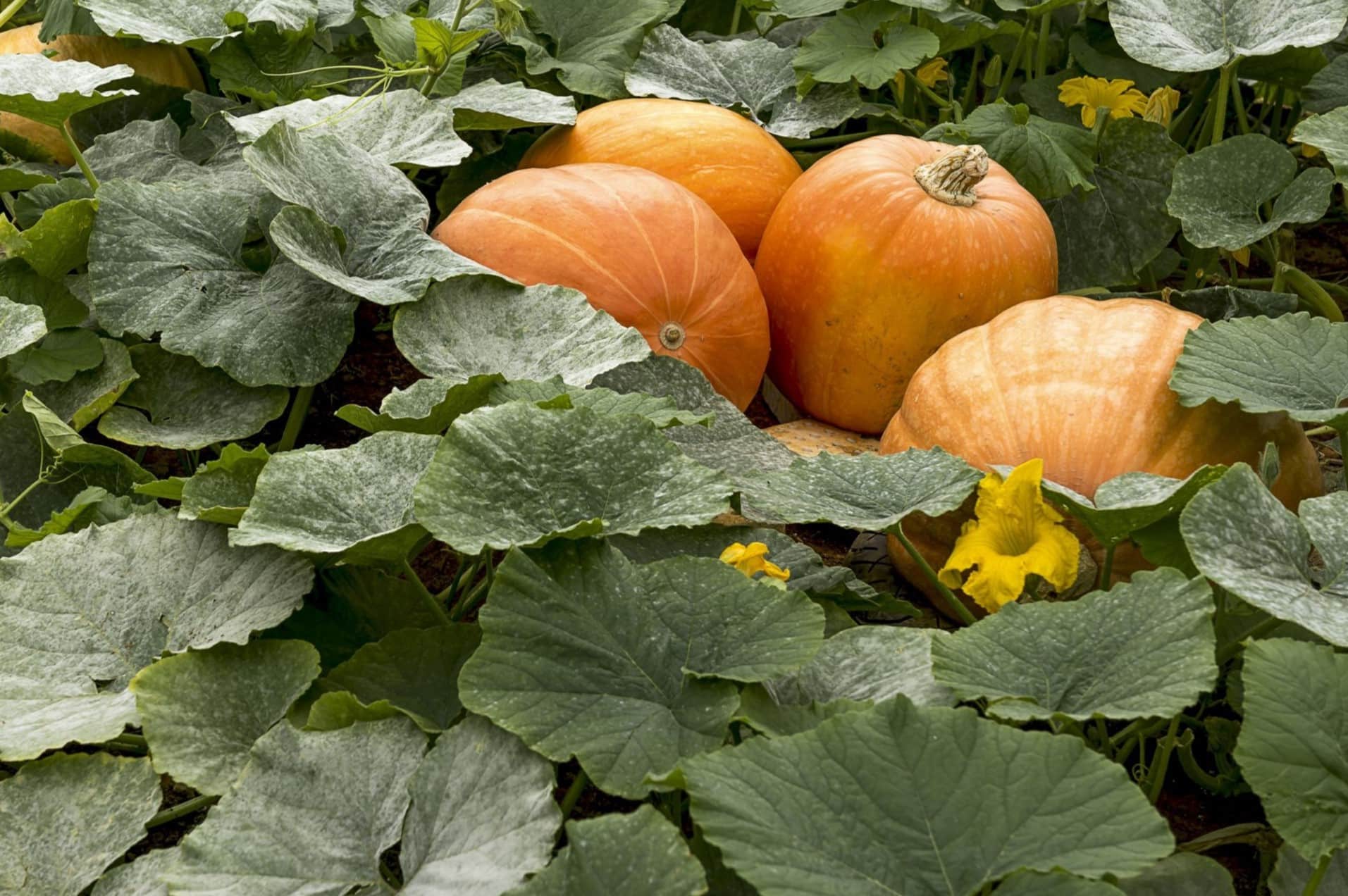
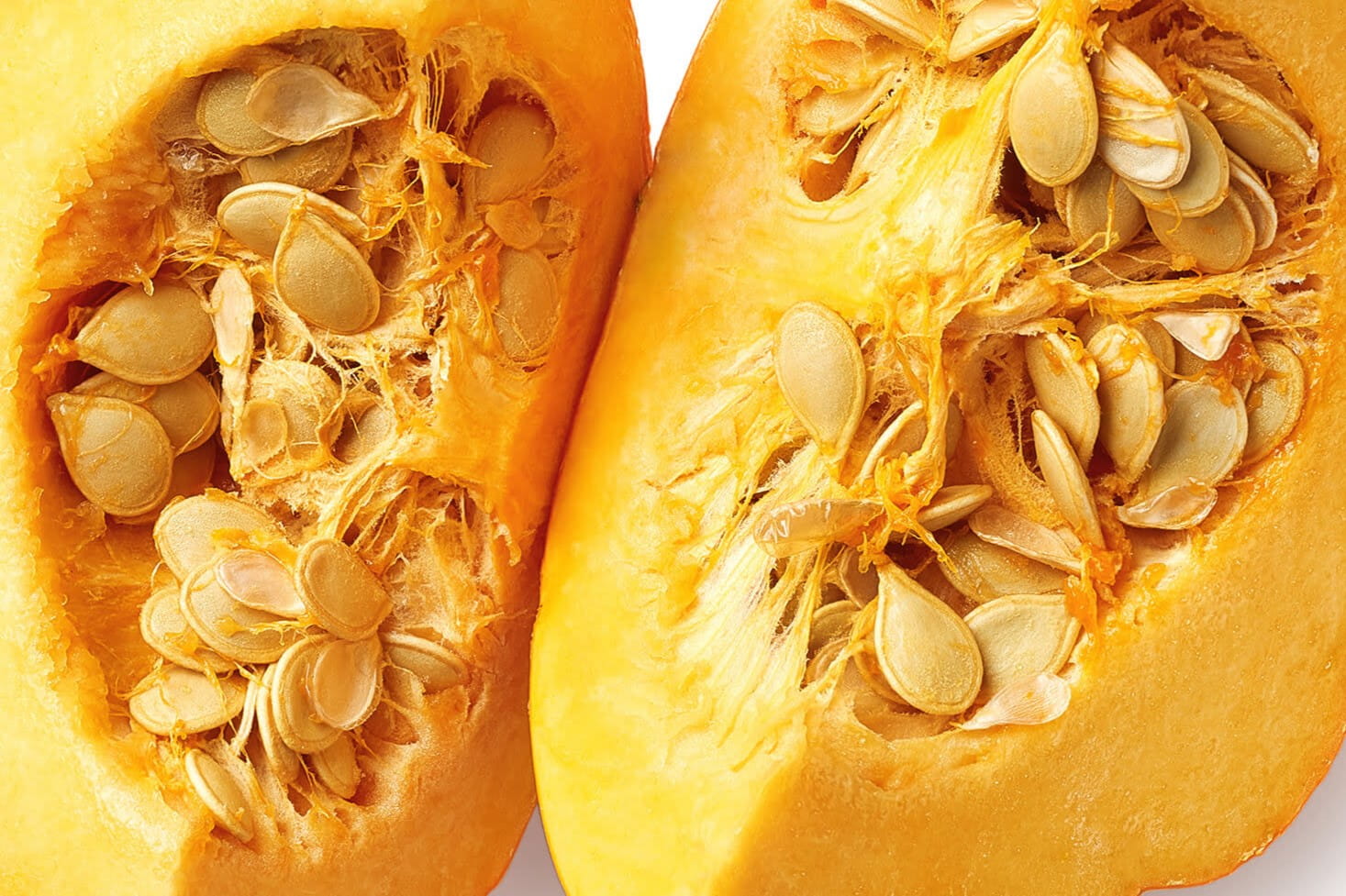
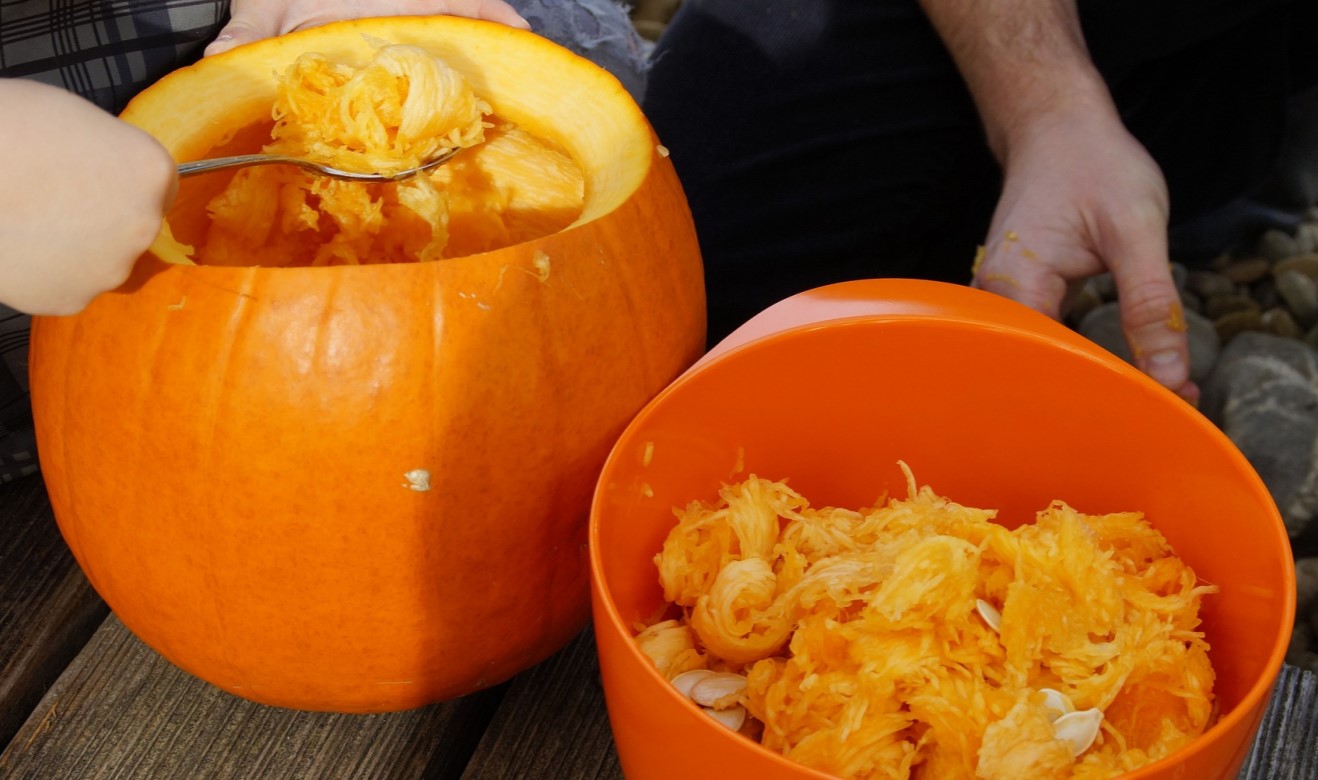
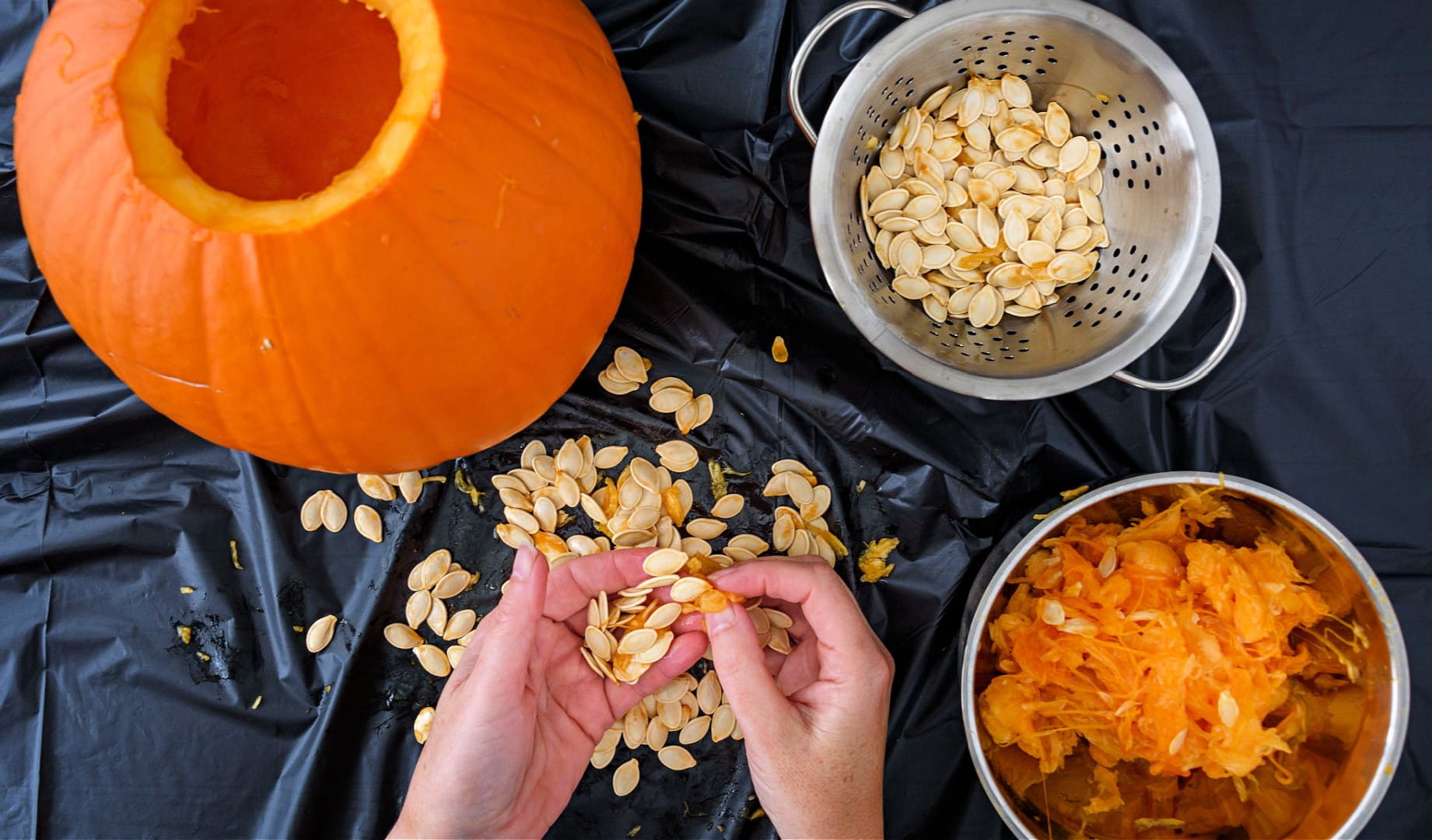
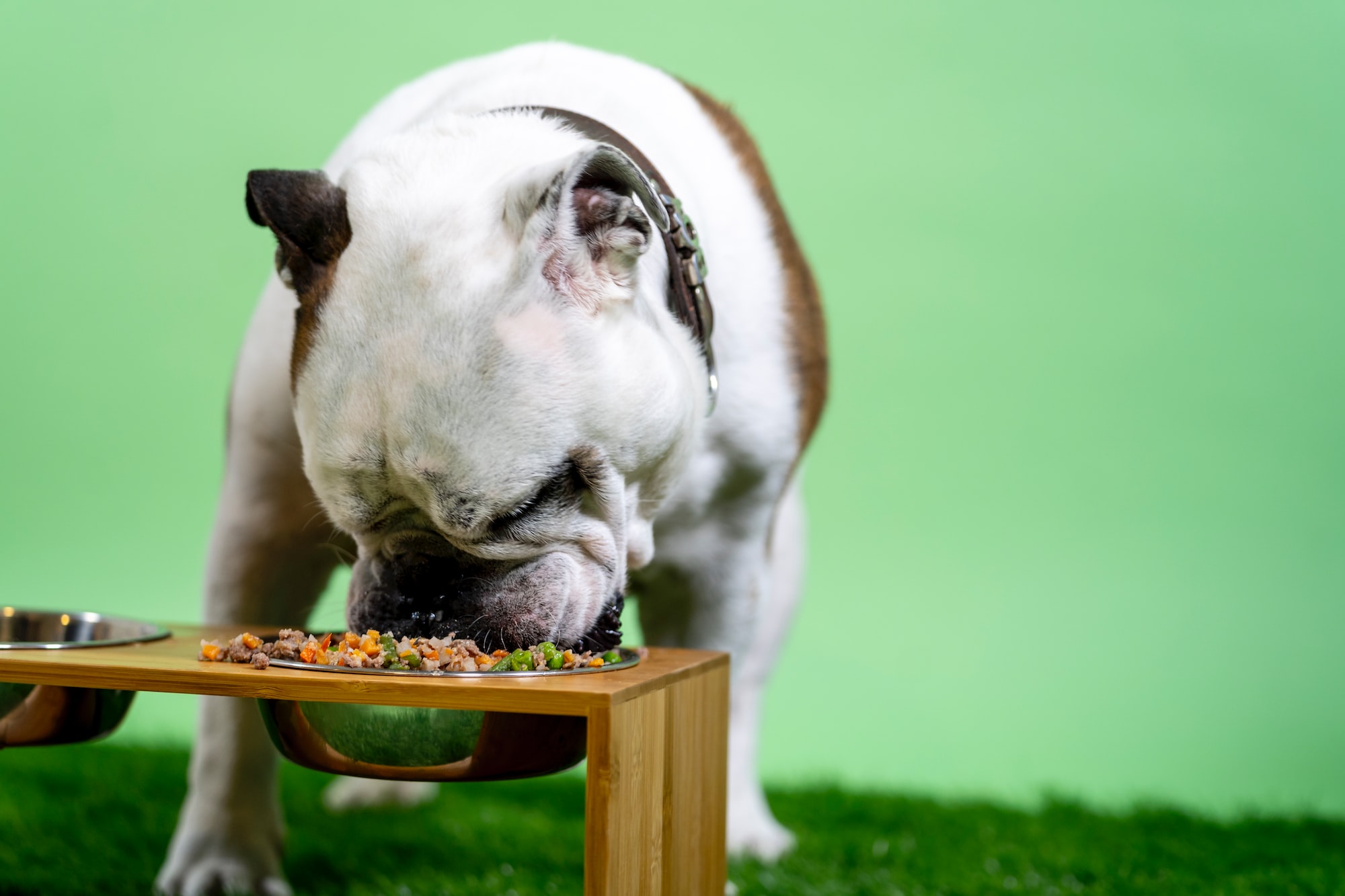
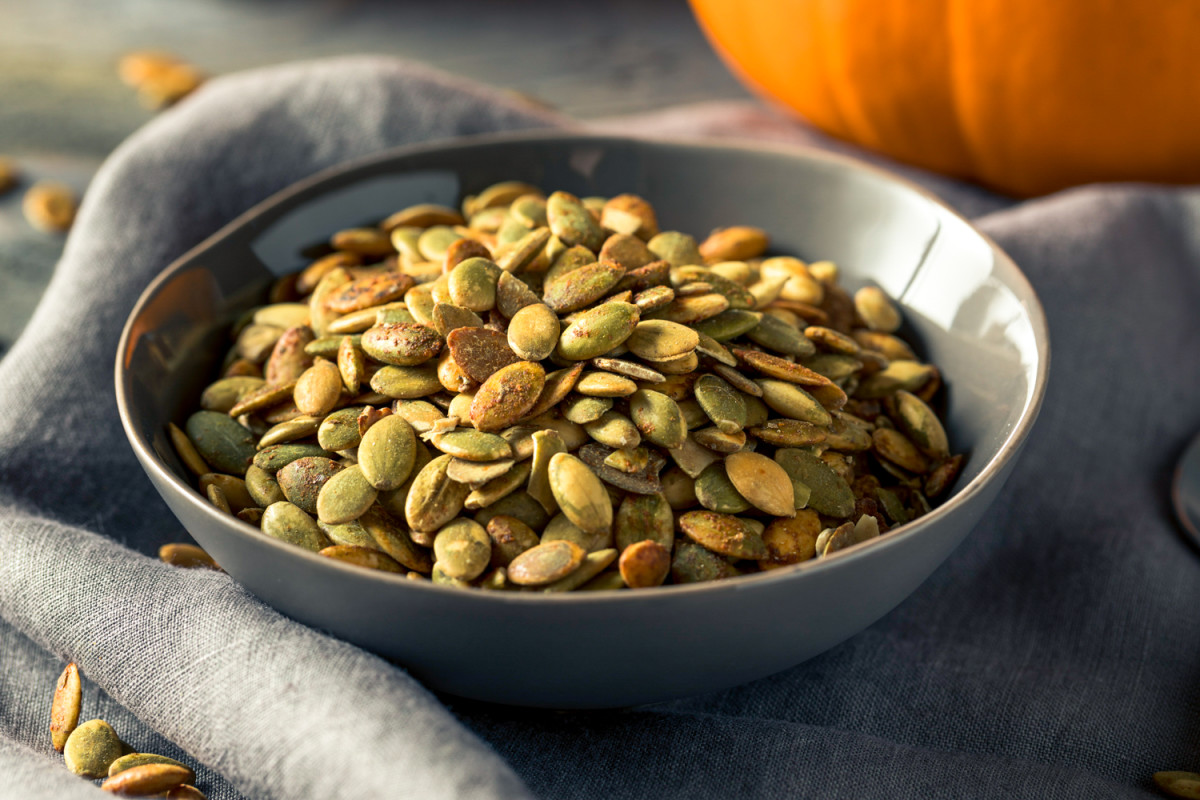
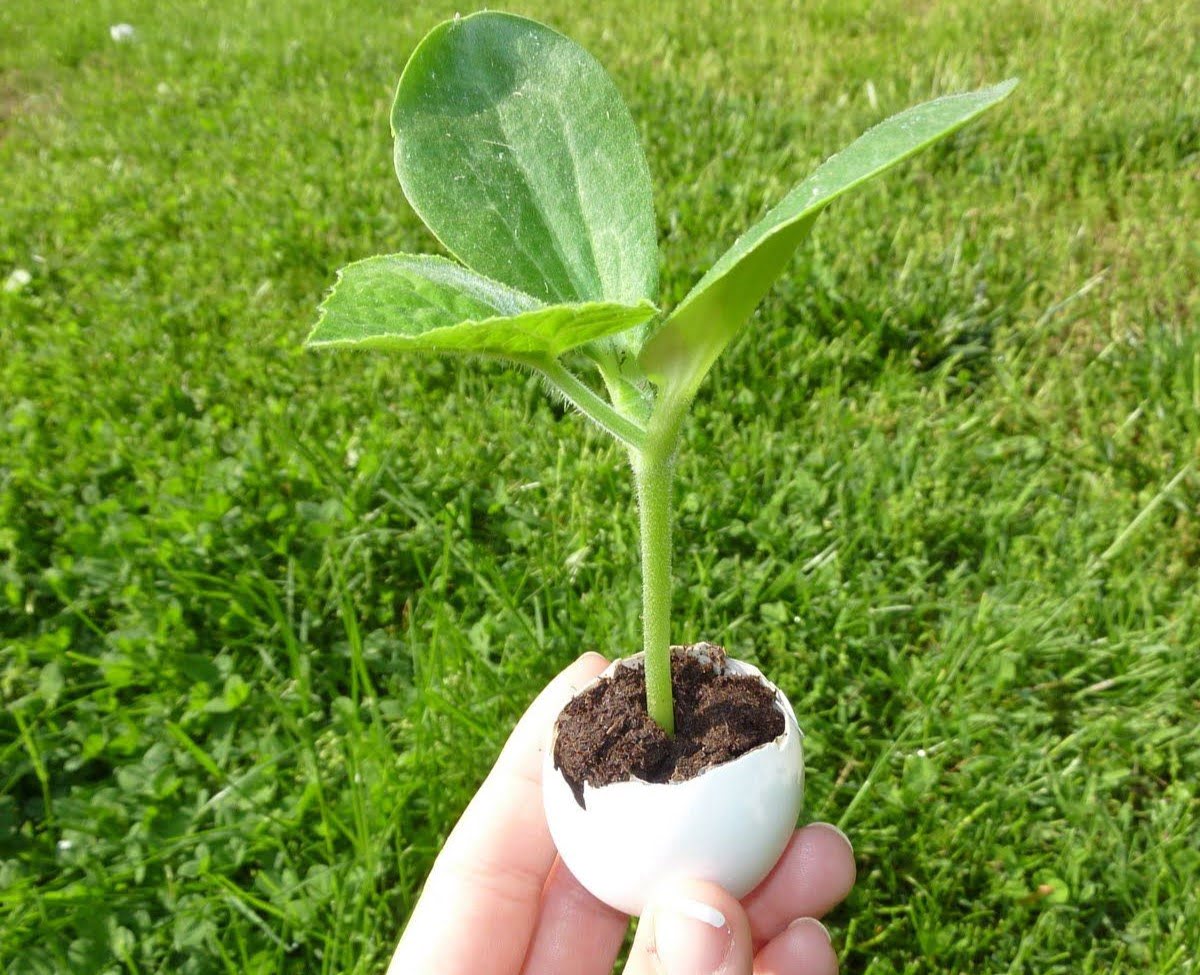
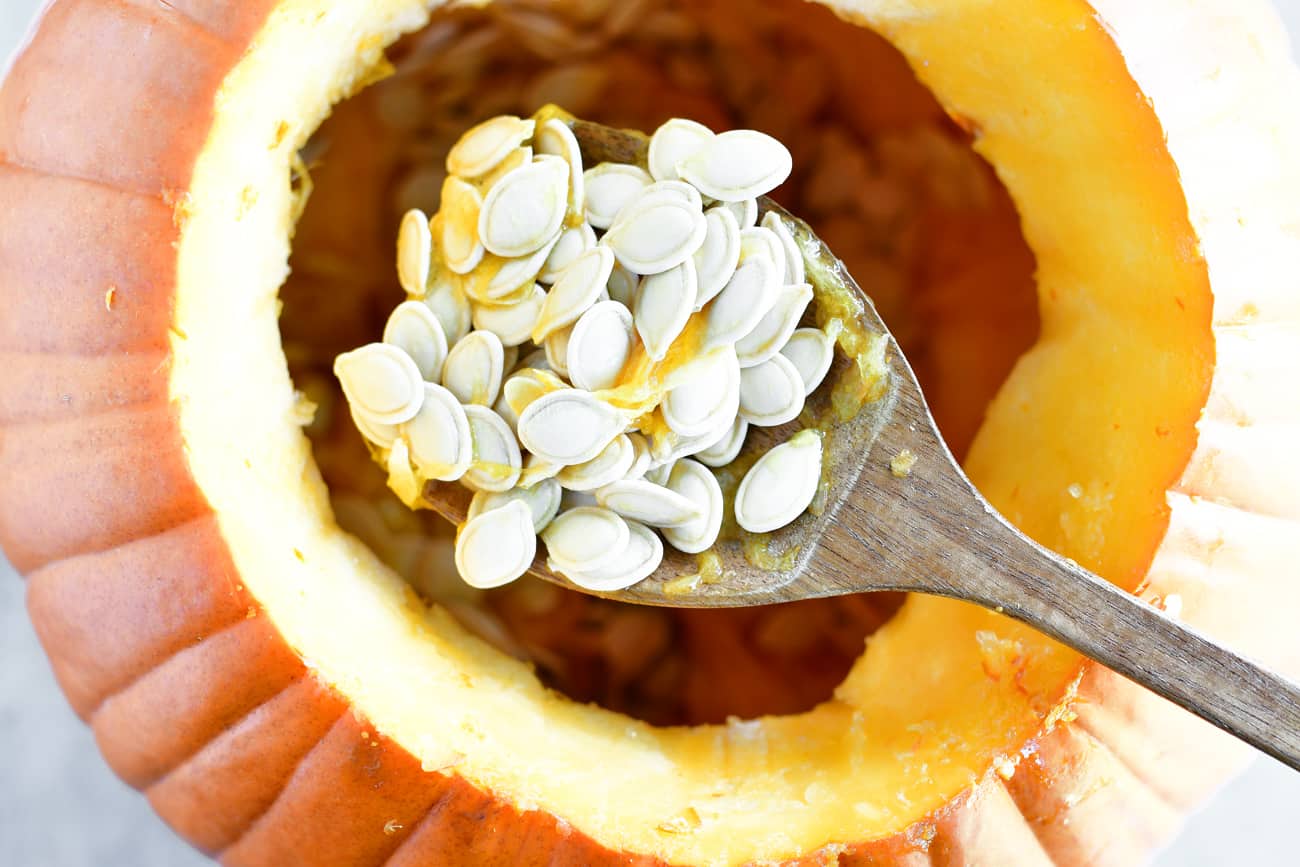
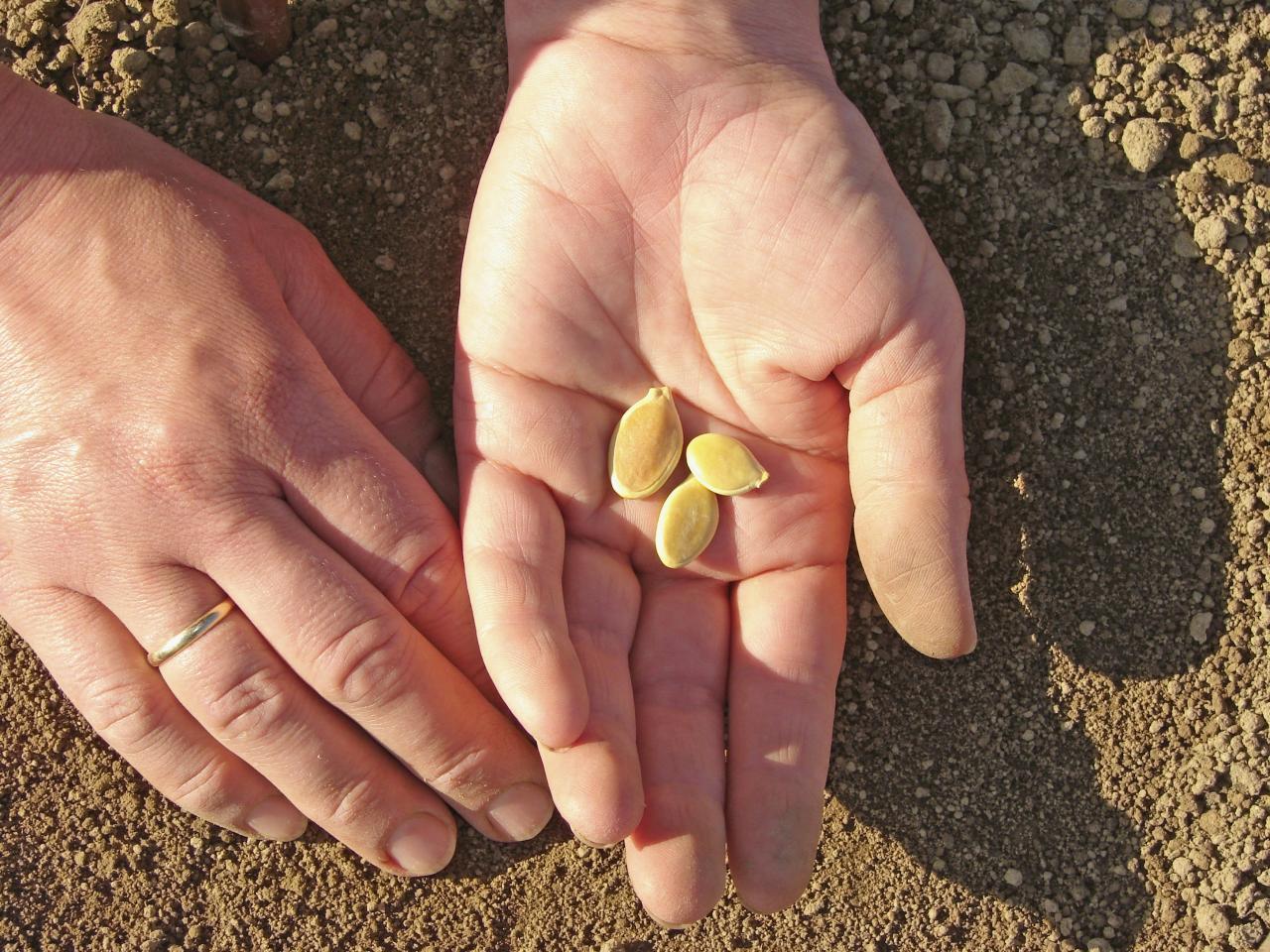
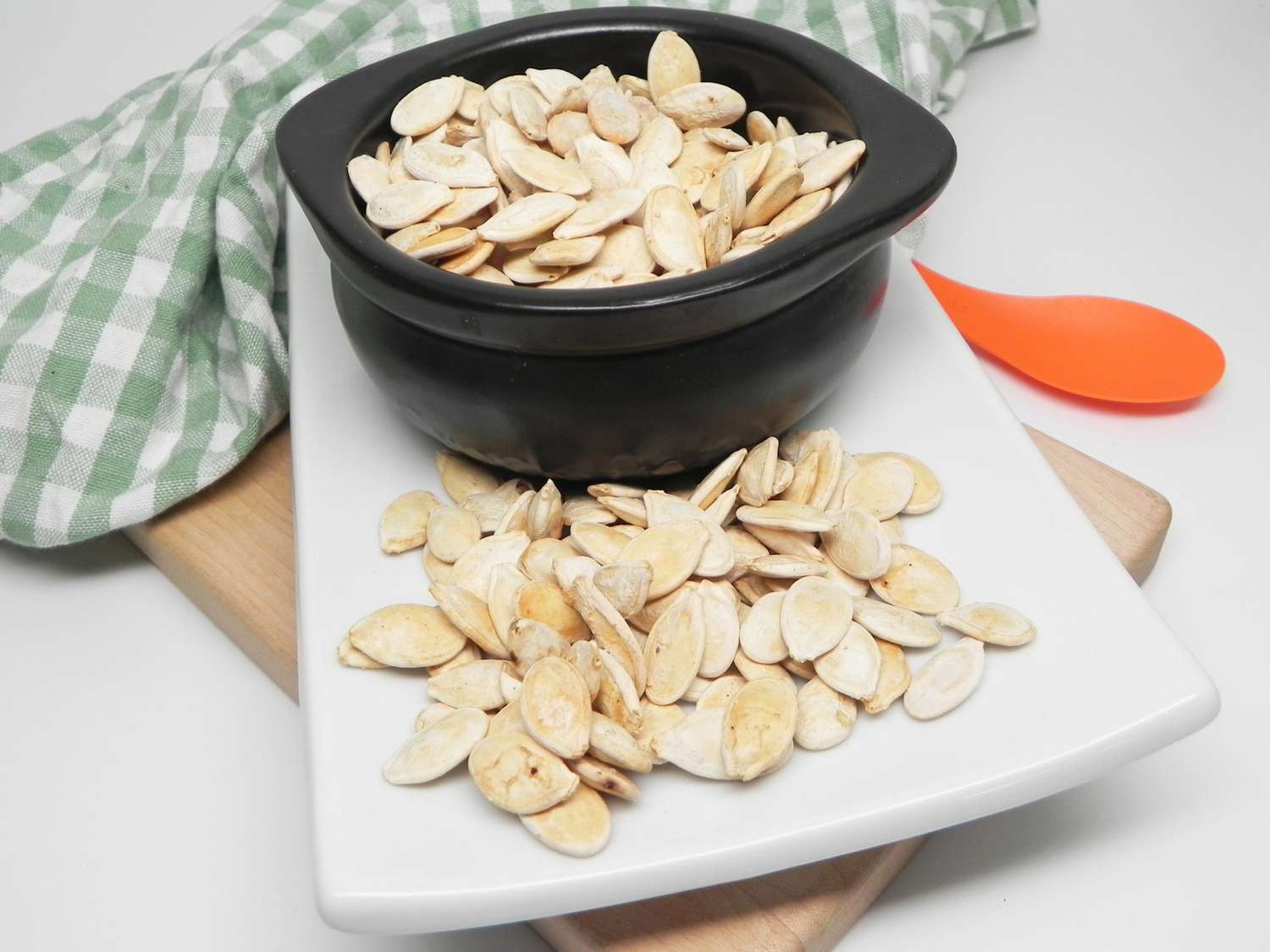
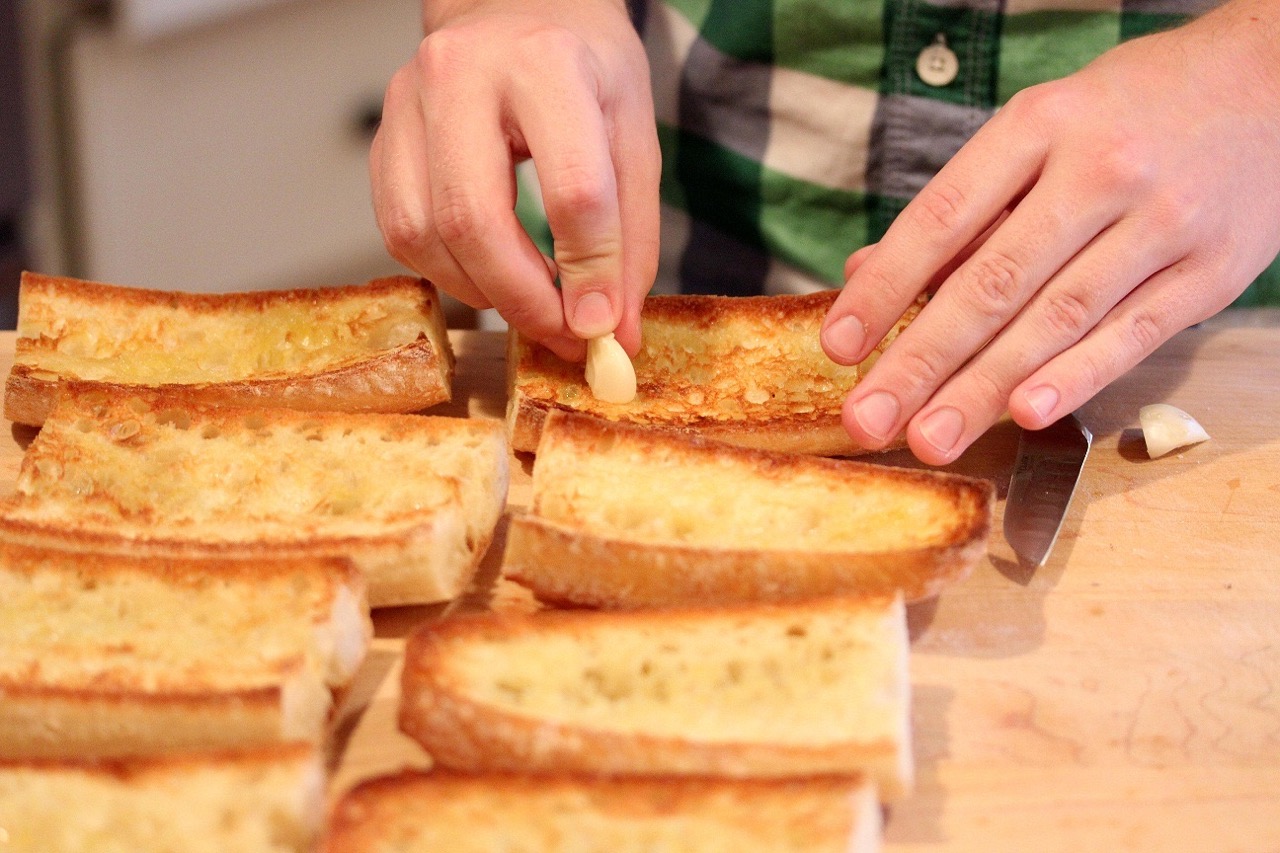
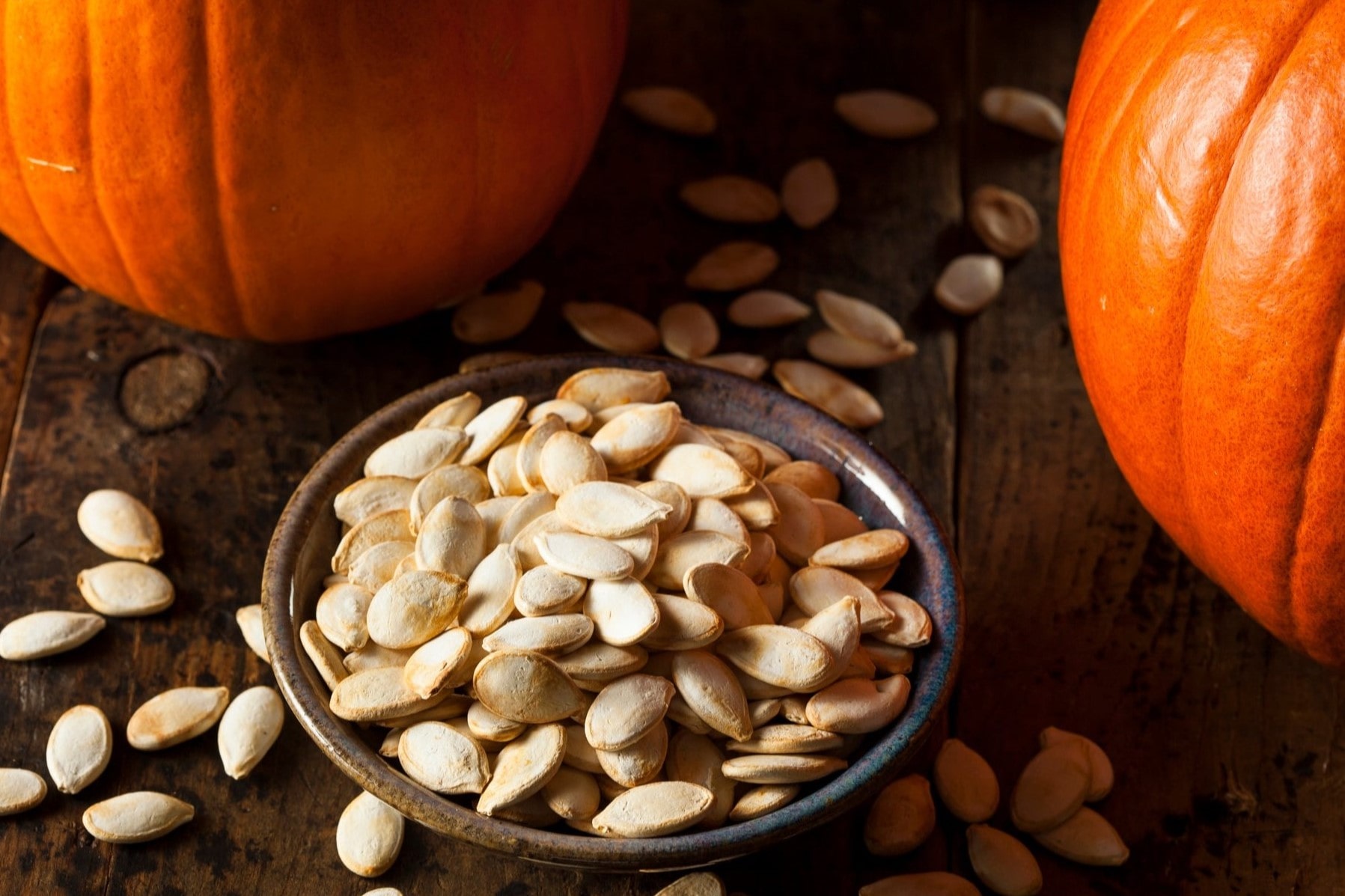
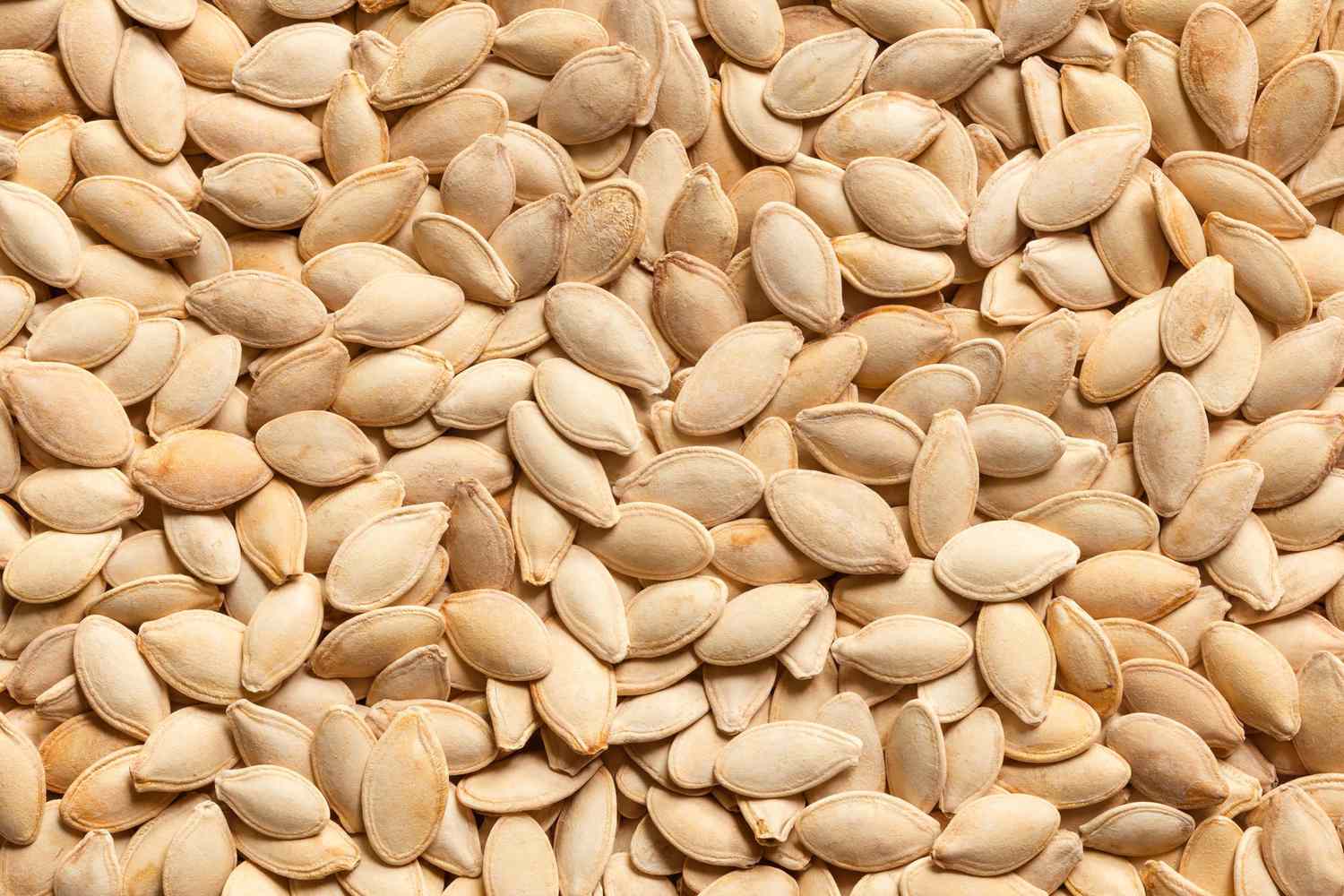
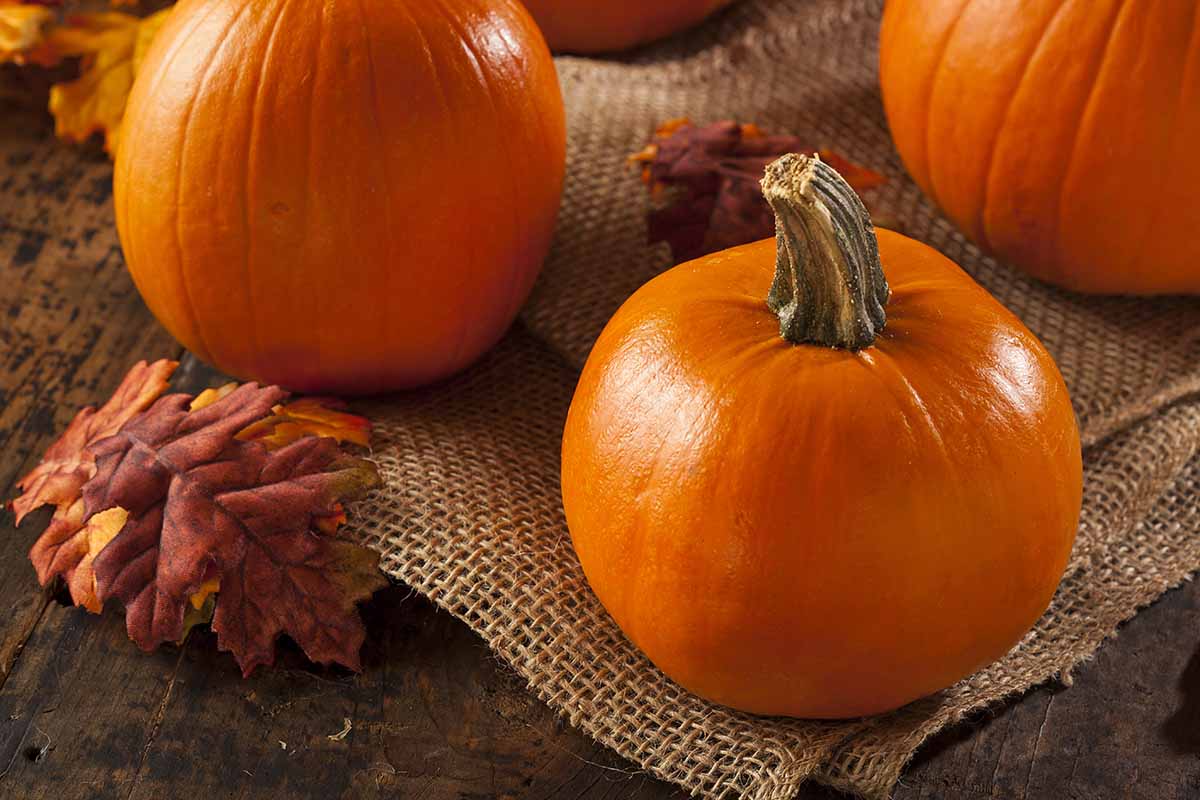

0 thoughts on “How To Store Uncooked Pumpkin Seeds”